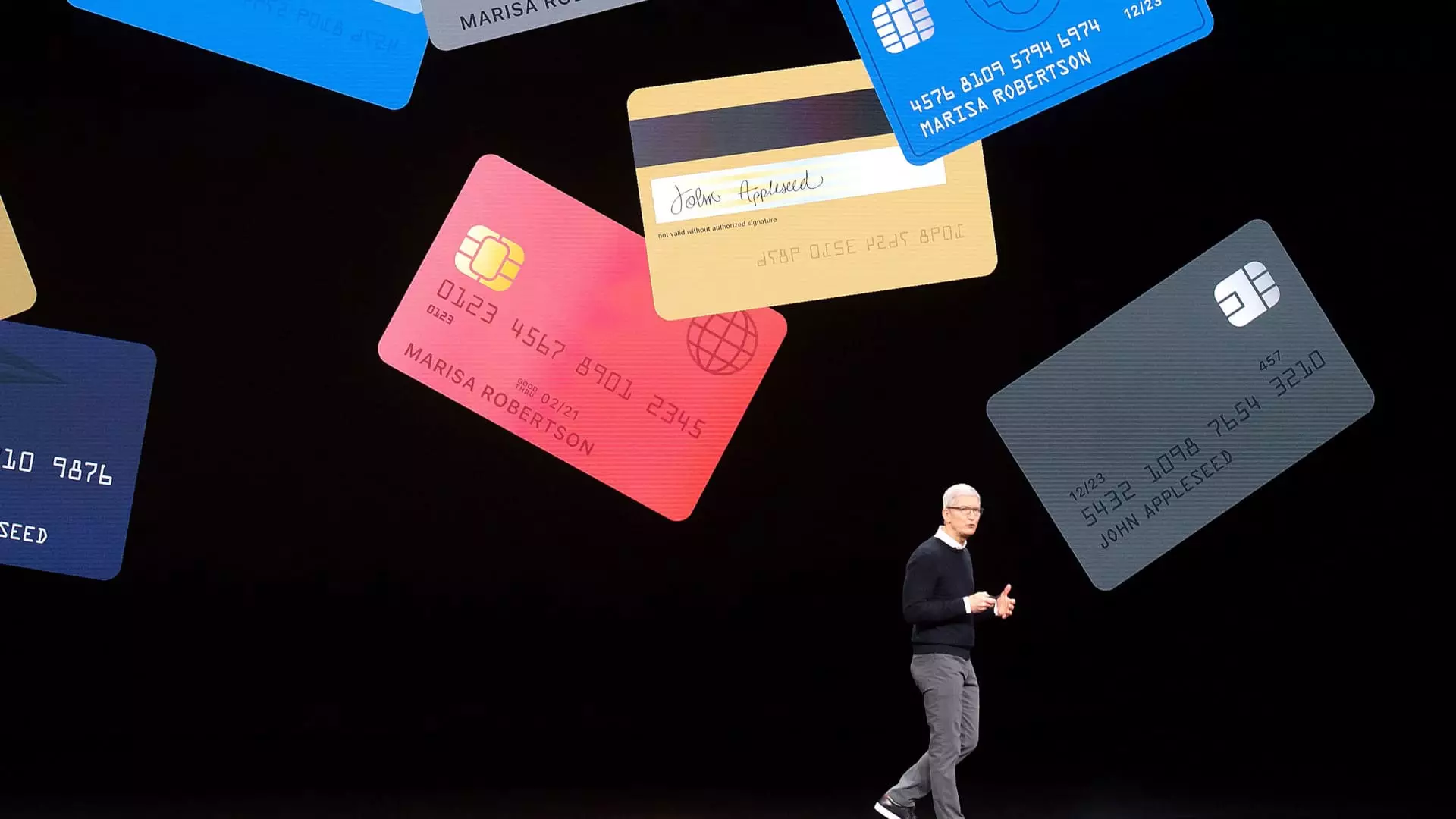In an intriguing turn of events, Apple is reportedly negotiating with JPMorgan Chase to potentially transfer the management of its popular Apple Card program from Goldman Sachs. This development highlights the ongoing evolution within the financial sector, especially as established tech companies delve deeper into financial services. The proposed shift signifies not just a change in management, but the broader implications of financial strategy, regulatory scrutiny, and customer service dynamics.
Goldman Sachs has long been associated with an ambitious yet tumultuous foray into retail banking through the Apple Card. However, the firm’s strategy has faced considerable challenges. Recent reports suggest that the bank has been grappling with losses related to the Apple Card, paired with increasing regulatory oversight. These pressures have prompted Goldman to reconsider its commitment to the program, thus opening the door for potential partnerships with other financial institutions.
While Goldman undermined its retail banking strategy, the repercussions are palpable. The Apple Card, initially marketed as a game-changer in digital finance, has now become a burden for Goldman. This illustrates a cautionary tale within the industry, where the allure of technology-led banking meets the harsh realities of financial management and credit risk.
Enter JPMorgan Chase, the dominant player in the US credit card market, boasting the highest purchase volume according to the Nilson Report. The bank’s financial heft and established expertise render it a logical fit to assume control of the Apple Card. However, the negotiations remain fluid, with discussions focused on critical variables, including the pricing of the loans integrated within the Apple Card portfolio, which stands at approximately $17 billion.
Complicating matters, JPMorgan is reportedly interested in acquiring the Apple Card loans at a discounted rate due to the elevated losses associated with them. This indicates a risk-averse approach, particularly amid fears of an impending economic slowdown in the U.S., raising red flags about the credit quality of the existing customer base.
While JPMorgan considers the financial viability of the acquisition, another pivotal factor is the operational aspects of the Apple Card. One significant feature that may undergo revision is the card’s calendar-based billing system. Though this system provides simplicity for consumers, it places immense strain on customer service departments, inundated with inquiries at the start of each billing cycle.
If JPMorgan decides to eliminate this feature, it could dramatically change the customer experience for Apple Card holders. On one hand, such a move may enhance operational efficiency; on the other, it risks alienating users accustomed to the current setup, showcasing the delicate balance between operational effectiveness and customer satisfaction.
The ongoing discussions between Apple and JPMorgan Chase represent a significant crossroads not only for the companies involved but also for the broader landscape of fintech. The outcome will likely set a precedent for how technology firms collaborate with traditional banks, especially in navigating the complexities of modern financial services. As these negotiations progress, stakeholders will be watching closely, recognizing that the future of the Apple Card—and perhaps the future of tech-driven finance—hangs in the balance.

